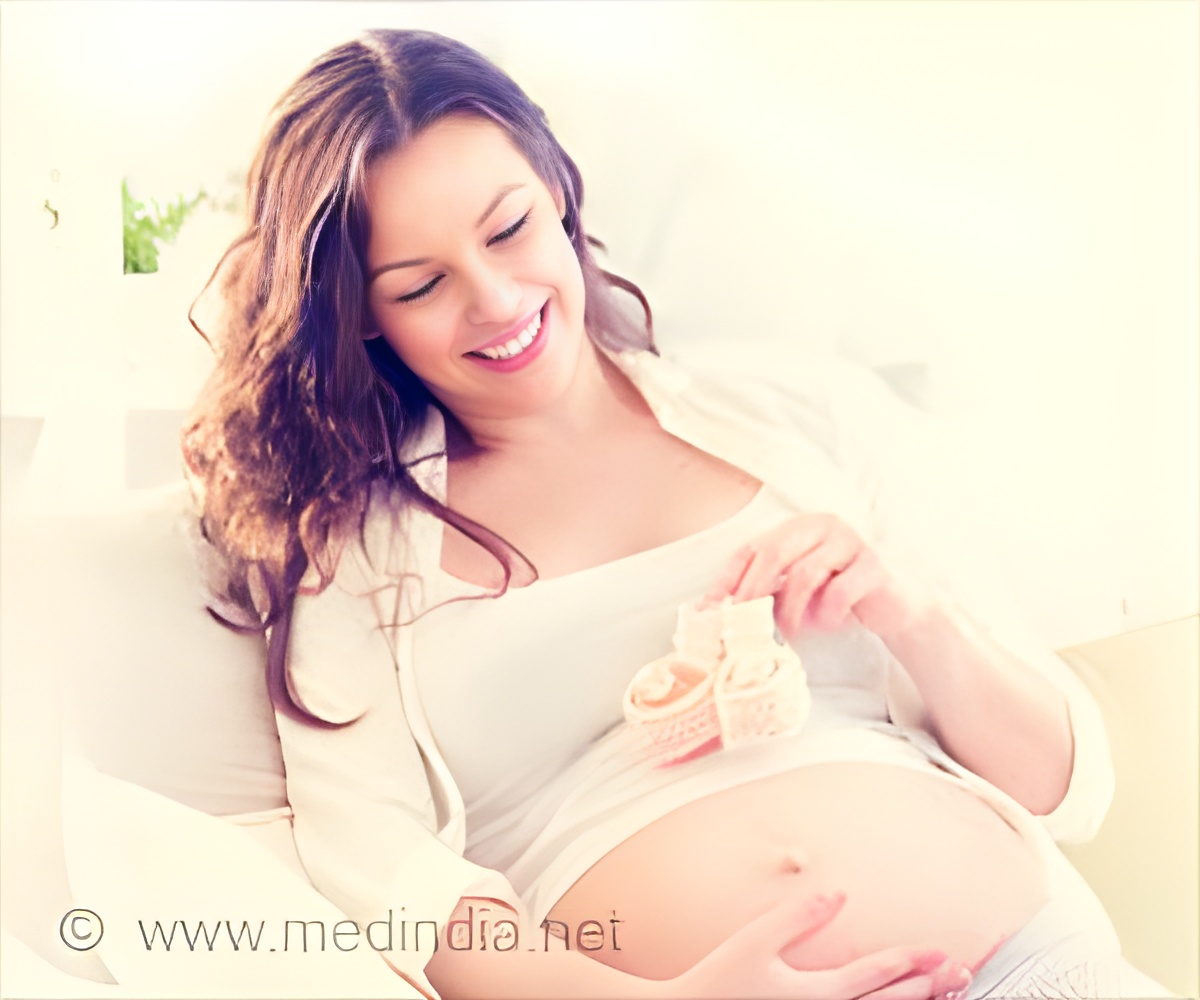Women who have recovered from cancer, face the prospect of infertility due to the toxic effects of cancer treatment on ovarian function. Storing embryos and eggs will help in fertility preservation effectively in such patients.

TOP INSIGHT
Increased cancer survival rates and improvements in freezing technology, particularly vitrification, has allowed the viable freezing of eggs and embryos for future pregnancy planning, especially among young cancer survivors.
Read More..
The mean age of the patients was 33 years, and breast cancer was the most frequent diagnosis (63% of cases). After counselling, 373 patients (42%) chose to have their fertility preserved by one of three methods available: egg freezing (53%); embryo freezing (41%); both methods together (5%); and ovarian tissue cryopreservation (1%).
So far, reports Dr Khalife, the rate of those returning to make use of their frozen eggs and embryos is 16% (61/373), and 44 of them achieved a remarkably high birth rate of 71%, with a twin rate of 9%, when the fertilised eggs and embryos were transferred in an IVF procedure. Around two-thirds of patients returned within two years of their diagnosis; women with breast cancer were the most likely to return for fertility treatment. These patients also achieved the highest birth rates, significantly higher, for example, than those with lymphoma (70% vs 30%).
"The results are a demonstration of how fertility preservation in these cases can be effective," says Dr Khalife. "Around one in six of those who stored their gametes had a good outcome."
While the cancer treatment had variable effects on fertility, "almost all patients" did show some deterioration in their ovarian reserve levels, reflecting a range of responses from mild toxicity of treatment (minimal effect on ovarian reserve markers) to severe toxicity (premature ovarian insufficiency). There were even a number of naturally conceived pregnancies after cancer treatment.
This report is based on cases referred to a tertiary referral centre in the UK, the South East Cancer Network in the UK and one of the earliest centres set up to provide a dedicated fertility preservation and long-term follow up service. "It is our hope today that all young women diagnosed with cancer and good prognosis are referred for fertility consultation," says Dr Khalife. "Success of such a service requires close work with our oncology colleagues, rapid access, and clear referral pathways to enable a large number of young patients to be treated.
This study showed a patient follow-up rate of 16% to make use of their frozen eggs and embryos, but this rate, says Dr Khalife, "will definitely increase" in time. "When fertility preservation is carried out in young women - in their teens and twenties," she explains, "they are unlikely to return for many years. Previously, there were few options for fertility in these young women - but now there is and our data show that the results can be of great benefit."
Source-Eurekalert
 MEDINDIA
MEDINDIA




 Email
Email










